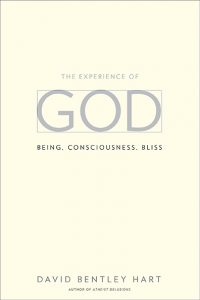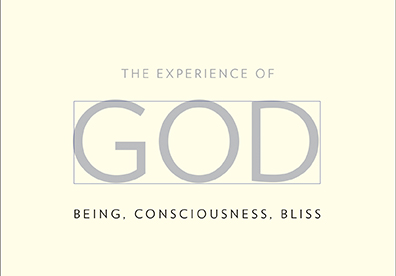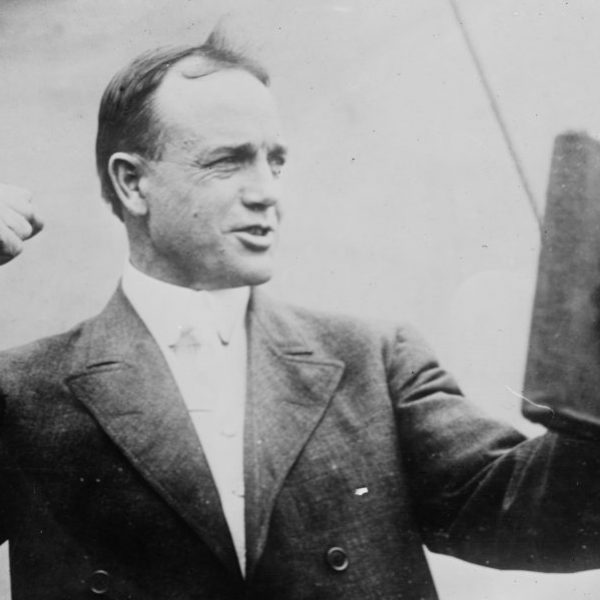David Bentley Hart and The Experience of God
By his own estimation David Bentley Hart has written “either an extremely ambitious or extremely unambitious book,” though he tends toward latter. In The Experience of God, Hart sets out to write something akin to a definition of God, so indeed the concept is vast. Still, Hart tackles it with characteristic incisiveness.
 This project has some similarities to his previous Yale University Press book, Atheist Delusions, in that both books serve to illuminate the public discourse between atheists and believers on the existence of God. Unlike, Atheist Delusions, however, The Experience of God is not aimed squarely at The New Atheists like Richard Dawkins and Daniel Dennett, but focuses on the core concepts behind what philosophy and religion refers to when they talk about God.
This project has some similarities to his previous Yale University Press book, Atheist Delusions, in that both books serve to illuminate the public discourse between atheists and believers on the existence of God. Unlike, Atheist Delusions, however, The Experience of God is not aimed squarely at The New Atheists like Richard Dawkins and Daniel Dennett, but focuses on the core concepts behind what philosophy and religion refers to when they talk about God.
One common understanding of God that Hart takes pains to dismantle is thinking of God as a divine being among other beings, a large agent in or beside the universe. In his chapter aptly titled “God Is Not a Proper Name,” Hart asserts polytheistic and monotheistic religions agree on God to be an ultimate source of being. This would be distinguished from the notion of God as a type of craftsperson and earth as his creation. In that analogy, God the craftsperson and the creation are both fundamentally made of the same material. “God, properly conceived, is not a force or cause within nature,” writes Hart, “and certainly not a kind of supreme natural explanation.”
For atheists and believers to disagree on the same God then, atheists (for this is his primary concern) should direct their disbelief to the God religion truly professes: “the ultimate wellspring of all that is in whom (to use the language of the Christian scriptures) all things live and move and have their being.” Once he establishes this framework, Hart moves his discussion to three descriptors of God: Being, Consciousness and Bliss. He takes these descriptions of the Godhead from multiple traditions, corresponding to the Sanskrit terms sat, chit and ananda. Being, Consciousness and Bliss not only describe the nature of God, but the way God can be experienced.
Hart does not dodge the boldness of his claims and this is part of what makes The Experience of God so engaging both for those who agree and disagree with him. He takes on the fundamentals at stake in the discussions between atheists and believers with a wit and intellectual acuity that will provide useful fodder as the debates continue.


























